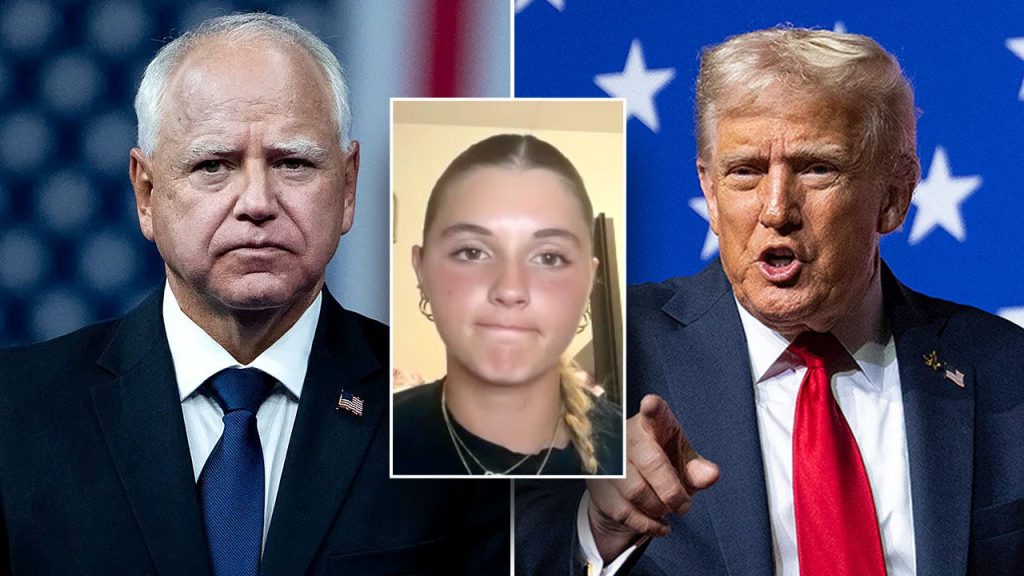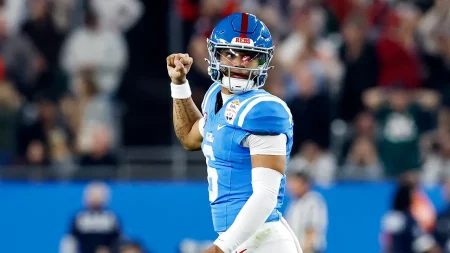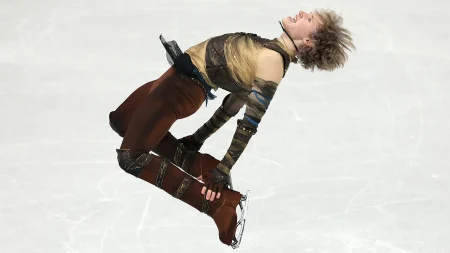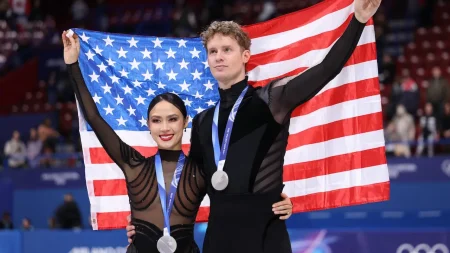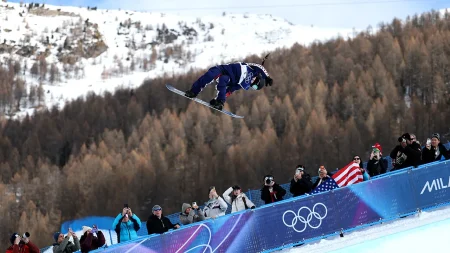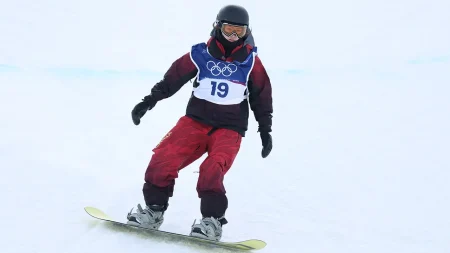Minnesota Stands Firm Against Trump Administration’s Transgender Athlete Ultimatum
In a significant development for transgender rights in school sports, Minnesota has declined to comply with the Trump administration’s ultimatum regarding transgender athlete participation policies. As Friday’s deadline passed, Minnesota Attorney General Keith Ellison’s office sent a letter to federal authorities stating they would not provide a “substantive response” to demands that would ban transgender girls from female sports competitions. The state cited the ongoing government shutdown and furloughed federal employees as partial reasoning for their position.
The federal ultimatum followed controversy surrounding a transgender softball pitcher who led her high school team to a state championship this spring. The Trump administration’s demands referenced not just this case but also transgender athletes competing in various girls’ sports including Alpine skiing, Nordic skiing, lacrosse, track and field, and volleyball across Minnesota. Similar ultimatums were previously issued to Maine and California, both of which also declined to comply, resulting in Department of Justice lawsuits against those states’ education agencies and school sports leagues. Attorney General Ellison has taken a proactive stance, already filing his own lawsuit against Trump and the DOJ over their attempts to enforce policies that would restrict transgender athletes in Minnesota, even boasting about “suing them first” on the issue.
The state’s decision comes despite significant pressure from within Minnesota’s educational system. Hundreds of school board members—253 representatives from 105 school boards as of Friday evening—signed an open letter urging compliance with the federal demands. These educators expressed concerns about girls’ privacy and safety, as well as potential cuts to federal funding that might result from noncompliance. Their letter emphasized that “compliance with Title IX is not only a legal obligation but also essential to maintaining the integrity of our educational and athletic programs,” and argued that “protecting fairness in women’s sports is paramount.” They warned that allowing transgender athletes on girls’ teams could displace female athletes from podiums, deny them advancement opportunities, and diminish their visibility in competitions.
The case that sparked this standoff involves a transgender softball pitcher whose performance was remarkable by any standard. The junior athlete pitched all 21 innings across three state tournament games, allowing just two runs, and threw a complete-game shutout in the championship match, striking out six batters while allowing only three hits. This dominance has fueled debate about competitive fairness, with some former competitors expressing frustration. One anonymous plaintiff in a separate lawsuit filed against Minnesota officials stated it was “really upsetting to know that [Ellison] isn’t taking the rights of girls and women seriously,” calling the situation “completely unfair.” Another player described competing against the transgender athlete as “not only a physical challenge but mental, too,” while former White Bear Lake High School softball player Kendall Kotzmacher recalled being left in tears after her team’s loss.
The controversy extends beyond just this one case, reflecting broader national tensions about transgender inclusion in sports. The legal response has been swift and multidirectional, with lawsuits being filed from both sides. Three female athletes have anonymously sued various Minnesota officials, including Ellison, Minnesota State High School League Executive Director Erich Martens, Human Rights Commissioner Rebecca Lucero, and Education Commissioner Willie Jett. This legal challenge directly opposes the state’s current inclusive policies for transgender athletes. Meanwhile, Ellison’s preemptive lawsuit against federal authorities attempts to shield the state’s approach from federal intervention, creating a complex legal landscape that will likely take months or years to resolve.
At the heart of this debate are fundamental questions about fairness, inclusion, identity, and the purpose of school sports. Supporters of transgender athlete inclusion argue that everyone deserves the opportunity to participate in sports aligned with their gender identity, emphasizing the mental health benefits and importance of acceptance. Those advocating for restrictions point to potential competitive advantages stemming from physiological differences, arguing that allowing transgender girls to compete in female categories could undermine decades of progress in women’s sports. As Minnesota holds firm against federal pressure, this case has become a focal point in the national conversation about transgender rights in athletics, with significant implications for how schools across the country navigate these complex and deeply personal issues. With the government shutdown complicating immediate federal response, the standoff appears likely to continue as both sides prepare for extended legal battles that will help shape the future of school sports participation policies.



